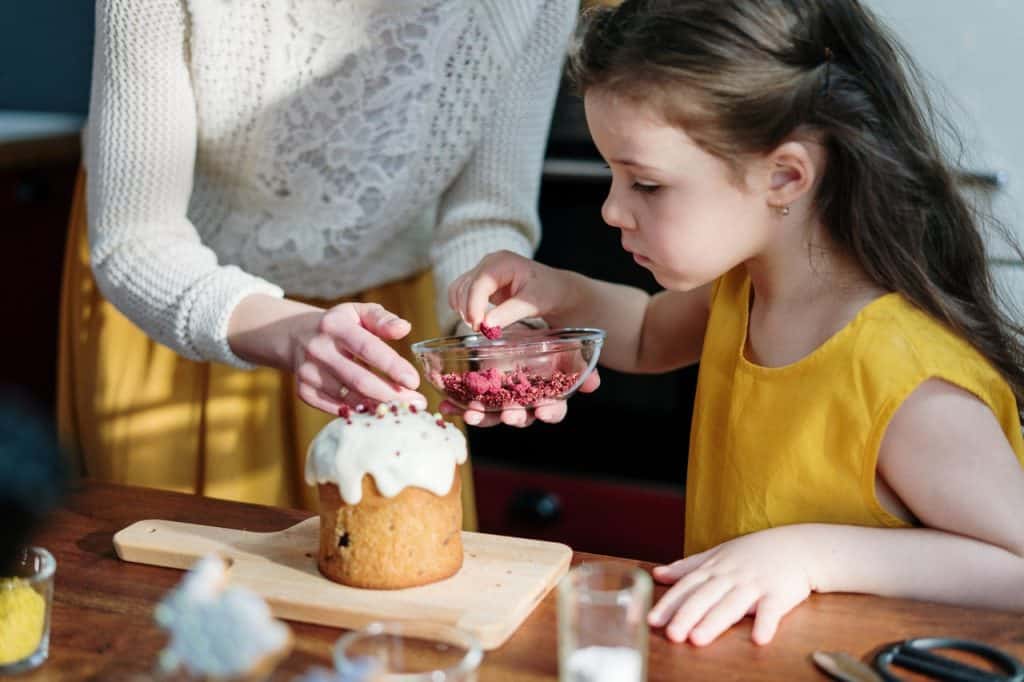In order for our child to grow up as a self-confident and independent person, it is worth trying to teach him to perform various tasks without our help from an early age. Thanks to this, the toddler will acquire new skills and will be able to cope with various challenges in the future
Many parents are afraid that their child will not cope with the tasks we give it. We are afraid that he/she will perform the activities too slowly or hurt himself/herself. We prefer to take care of our kids because we can do many things faster, which means that we’ll have more time for walking or working. It is a convenient but unfortunately wrong approach. If we take care of the child, we will certainly save a lot of time, but at the same time we will deprive the child of the opportunity to learn many useful things.
Under our supervision, the child should learn to perform various tasks. We can treat him as an unskilled worker. Admittedly, it will take us some time to “train” him, but as a result we will gain not only a valuable helper at home, but also a young man who will not be afraid of new challenges in the future.

A child can be taught independence very easily. There are tasks that will help your child to become independent more quickly
1. Let the child observe our daily activities
The first step in learning is always to observe. Let’s give the opportunity to observe to your child. He will be sure to ask questions like “What are you doing?”, “How is it done?”. Let us narrate what we are doing and why. The child is a great observer and wants to repeat the activities we do. He may later find them great fun.
2. Do some cleaning or other household chores with your child
After the observation period, your child will certainly want to try to do some tasks on his/her own. It is important to accompany the child and explain how to do the task correctly. However, let’s turn a blind eye to some shortcomings. In order not to discourage the toddler, it’s worth performing the tasks together with him and not to take away e.g. the brush or the rag during cleaning, just because he did something wrong. Remember that he/she is just learning. Appreciate even small expressions of interest and willingness to help on the part of the child.
3. Give the child a chance to show off
Once the child has learnt simple tasks, he/she can begin to do some of them on their own. Give him/her a simple task, where he/she does not have to be watched. It may be wiping the table clean of crumbs or kneading a small amount of dough. The child will feel appreciated and will have a chance to tackle the task on his/her own.
4. Delegate easier tasks
When the toddler already knows how to perform a given activity, try to delegate tasks so that he/she can show off his/her skills. Thanks to that he will feel motivated to act and will have a sense that we believe in him. Do not stress or shout, even if the child does something wrong. Praise them for their efforts and tell them what they did wrong and how to fix it.
When learning a new skill, remember that your child may do it a little differently than you do. He doesn’t have that much practice yet and may try to do certain things differently than we do. This is not a bad thing because we all have different working styles. It is important that our constant criticism does not discourage the child from continuing to try and learn.
Overprotectiveness can make a child less independent. Of course, you can use common sense to keep your child out of danger. However, it is important that he has the opportunity to experience reality independently and learn at his own pace. This will allow him to grow and give him the confidence that is much needed in adulthood.
Photo Allan Mas/Pexels